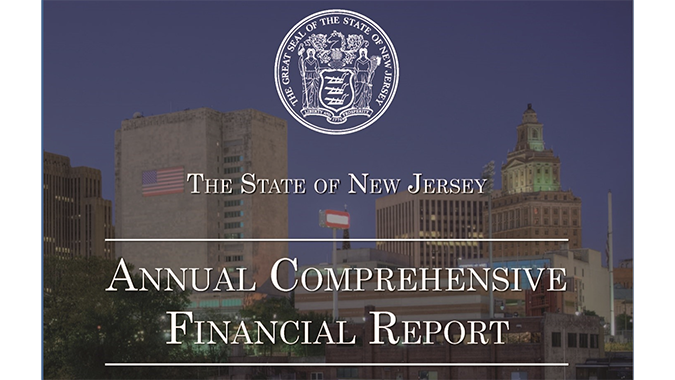NJBIA strongly supported a bill unanimously passed by the Senate on Thursday that will require the state auditor to publish a user-friendly report summarizing the Annual New Jersey Comprehensive Financial Report, a voluminous and technical document which details revenues, costs, assets, and liabilities to convey the state’s overall fiscal health.
The bill, S-1884/A-4090 (Sarlo, D-36; Oroho R-24) is intended to provide a clearer, easy-to-read understanding of the state’s comprehensive financial situation, which includes off-budget items such as long-term liabilities and the operations of independent state authorities that are not captured in the annual budget document. The vote was 34-0.
The auditor’s report required by the bill would also put New Jersey’s economic circumstances into context by comparing it to the fiscal conditions in nearby states.
NJBIA Chief Government Affairs Officer Christopher Emigholz said the legislation is a “good government bill” that will shine more light on the state’s budget process.
“Our businesses and taxpayers see New Jersey as being an outlier because of what it does on the debt side or on the spending side or on the revenue side,” Emigholz said. “By adding more transparency to the process, it will be good for everyone involved.”
At a minimum, the bill requires the state auditor’s report to include:
- a summary of the state’s financial condition compared to neighboring states
- a summary of the state’s total long-term liabilities compared to those of neighboring states
- a summary of the accuracy of the state’s revenue projections; an accounting of any structural imbalance in the state budget
- a summary of the state’s unrestricted cash reserves compared to those of neighboring states
- an analysis of the potential impacts of an economic recession on the state’s revenues and spending obligations
“For far too long, New Jersey’s annual financial reports have been written in obscure, financial language that is often only truly digestible by technocrats,” said Senator Steve Oroho (R-24) in a statement after the vote. “This legislation will increase transparency and build public trust by allowing New Jerseyans to read, in layman’s terms, the financial status of the state, and to see exactly where their hard earned tax dollars are going.”
The Assembly version of the bill, A-4090 (Freiman, D-16; Pintor Marin, D-29; Karabinchak, D-18), is scheduled for a final vote in the Assembly on Friday, June 30.

